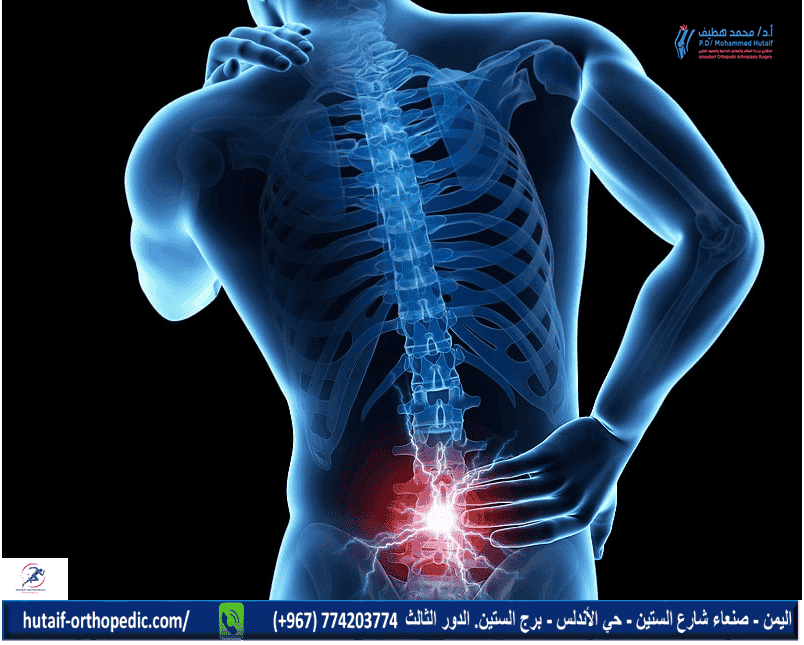Coccydynia (Tailbone Pain) - Symptoms, Causes, Diagnosis, Treatment and Prevention
Learn about coccydynia (tailbone pain), including symptoms, causes, diagnosis, treatment and prevention. Read on to find out more.
Overview
Coccydynia, also known as tailbone pain, is a condition that can occur after a fall or trauma when the coccyx (tailbone) is bruised, broken or dislocated. It can also be caused by repetitive strain injuries, pregnancy or childbirth, carrying extra weight, and prolonged sitting.
The symptoms of coccydynia can include dull or sharp tailbone pain that worsens when you stand up, or when you poop or have sex. Other related symptoms may include back pain, sciatica, sleep disorders, depression, and anxiety.
Fortunately, tailbone pain often goes away on its own with the help of home remedies such as NSAIDs, donut pillow or gel cushion, hot or cold packs, and stool softeners. In more severe cases, medical treatments like coccygeal nerve block, massage therapy, physical therapy, acupuncture, and surgery may be recommended.
Symptoms and Causes
Tailbone pain can range from mild to severe, and may be accompanied by other symptoms such as back pain, sciatica, sleep disorders, depression, and anxiety. Causes of tailbone pain can include:
- Falls
- Repetitive strain injuries (RSI)
- Pregnancy or childbirth
- Carrying extra weight
- Prolonged sitting
In rare cases, tailbone pain may be a sign of cancer near the coccyx or metastatic cancer that has spread to the bones, especially if there are additional symptoms such as numbness or tingling in the arms, legs or groin, difficulty urinating or defecating, or a visible mass around the tailbone area.

Diagnosis and Tests
If you have tailbone pain, your healthcare provider will review your medical history and examine the area to check for any fractures, lumps or abscesses. They may also recommend tests such as X-rays, CT scans, MRI, or bone scans to confirm the diagnosis or check for inflammation, abscesses, tumors, or cancer.
Management and Treatment
The treatment for tailbone pain depends on the cause and severity of the discomfort. In most cases, home remedies such as NSAIDs, donut pillow or gel cushion, hot or cold packs, and stool softeners can provide relief. If the pain persists, medical treatments like coccygeal nerve block, massage therapy, physical therapy, acupuncture, or surgery may be necessary. It is also important to address any related symptoms like depression or anxiety.
If tailbone pain is chronic and does not go away, it is important to consult with a healthcare provider to determine the cause and appropriate treatment.
Prevention
While tailbone pain cannot always be prevented, there are ways to reduce the risk of its occurrence. Avoiding sitting for long periods of time on hard surfaces, using caution when cycling or participating in other activities that could cause tailbone pain, and reducing the risk of falls by keeping floors and pathways clear, installing railings for stairs, keeping stairways well lit, and avoiding distractions like phones when walking can all help to prevent or minimize tailbone pain.
Outlook / Prognosis
In most cases, tailbone pain resolves on its own with home remedies and a little patience within a few days. However, if tailbone pain does not go away or becomes chronic, it is important to seek medical attention to explore potential underlying causes and determine the best treatment options.
Living With
Although tailbone pain can be unpleasant, it usually does not indicate a serious health condition. However, you should consult with a healthcare provider if you experience persistent tailbone pain or additional pain in other areas of your body, along with fever or other symptoms. It is important to ask your healthcare provider for information about the cause of the pain, treatments, and tips for reducing pain.
Coccydynia (Tailbone Pain) - Symptoms, Causes, Diagnosis, Treatment and Prevention

